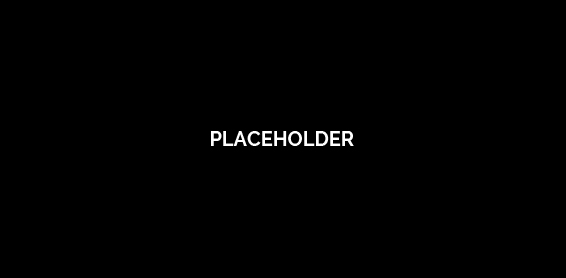Study in Canada with an eTA or Study Permit
Do you want to study or take part in a course in Canada? And are you exempt from needing a visa because of your nationality? Then you always need an eTA, even if you have a Study Permit. You automatically receive an eTA with your Study Permit, so you never have to submit separate applications for both an eTA and a Study Permit.
Study Permit not always necessary
With an eTA, you can stay in Canada for a maximum of six months. If you want to stay in Canada for more than six months for your study, training or course, you always need to apply for a Study Permit. But if you are staying in Canada for less than six months, a Study Permit is often not necessary. It is generally sufficient to apply for an eTA, which saves time, money and effort.
In which situations do I need a Study Permit?
Will you be staying in Canada for less than six months, but will you be taking part in a study programme, course or training that takes longer than six months during that time? Then you must apply for a Study Permit. It is also not permitted to split a programme that lasts longer than six months into several trips to Canada, unless you have a Study Permit.
In what situations is a Study Permit not required?
An exception applies to exchanges. Are you staying in Canada for less than six months and only studying in Canada as part of an exchange programme? If the exchange programme does not last longer than one semester in total, you will not need a Study Permit. This also applies if the exchange is part of a study programme that lasts longer than six months in total, such as a bachelor or master programme. Finally, this also applies if the semester itself lasts longer than six months, although the stay may not exceed six months per visit.
A Study Permit is not required for a so-called 'short-term course', a course or study programme that is completed entirely within six months. Such a course or study programme may be attended at any course provider in Canada. It does not have to be a government-recognised Designated Learning Institution (DLI) authorised to educate foreigners.
Pupils and students
Pupils and students do not need a study permit for their studies during a one-semester exchange at a Canadian school or university. A one-semester exchange is considered a defined course and an eTA is therefore sufficient. A foreign student or pupil usually receives an invitation or admission letter from the Canadian educational institution. This usually states whether a Study Permit is required or whether an eTA is sufficient. Please note that stays in Canada with an eTA may never exceed six consecutive months.
eTA applicationA side job while studying in Canada
Applying for a Study Permit is often not necessary, but may still be worth considering. If you have a Study Permit, you are allowed to work on or outside the campus of the educational institution and receive a salary. On-campus work is allowed for an unlimited number of hours, but off-campus work is subject to a maximum of 20 hours per week. This limit applies throughout the academic year, but not during the regular holiday periods of the educational institution. A Study Permit is not sufficient if one wants to structurally work more than 20 hours off-campus. In that case, it is necessary to apply for a Work Permit.
An eTA Canada is valid for longer than a Study Permit
As mentioned above, when you are granted a Study Permit you automatically receive an eTA, with which you can check in for your flight to Canada. Because a Study Permit can be valid for longer than six months, it is possible that your passport will lose its validity during the validity of the Study Permit. Since an eTA is always linked to one specific passport, you will have to apply for a separate eTA Canada if you want to fly back to Canada, for example after a holiday in the UK. You will then need to apply for a new eTA with your new passport.
Applying for a Study Permit costs more time and money than applying for an eTA
Applying for a Study Permit costs more time and money than applying for an eTA. For a Study Permit, you have to provide biometric data, meaning you have to go to a Visa Application Centre where your fingerprints and a photograph are taken. In addition to your travel costs, you must pay a so-called "Biometric Fee" of 85 Canadian dollars for the collection of the biometric data. The processing of biometric data for a Study Permit can take up to 8 weeks after the collection, while an eTA is granted a few hours to days after submitting the application.
For an eTA, all that is required is filling out an online application form. The costs for this are £29,95 per person.



